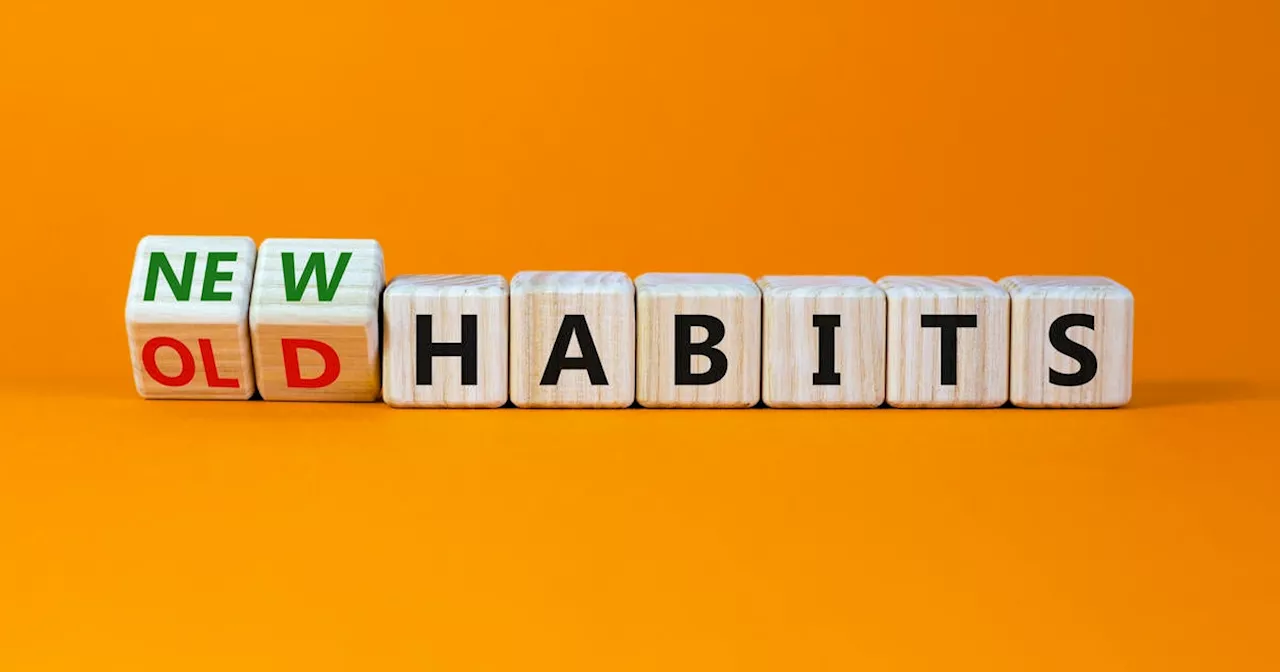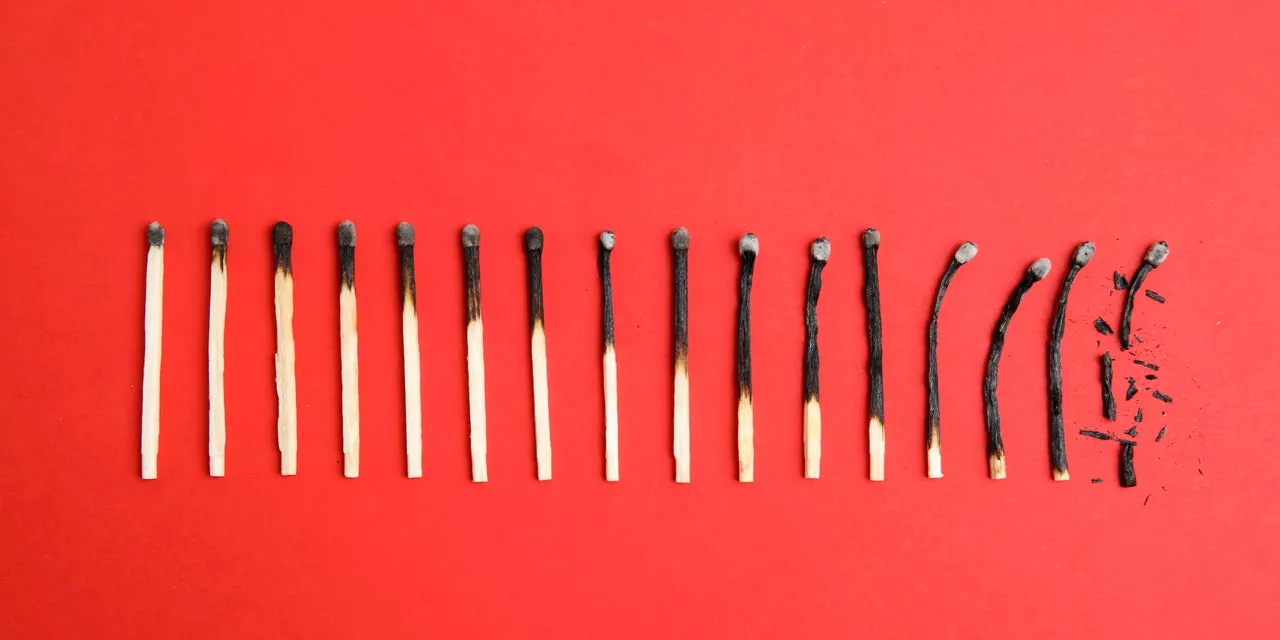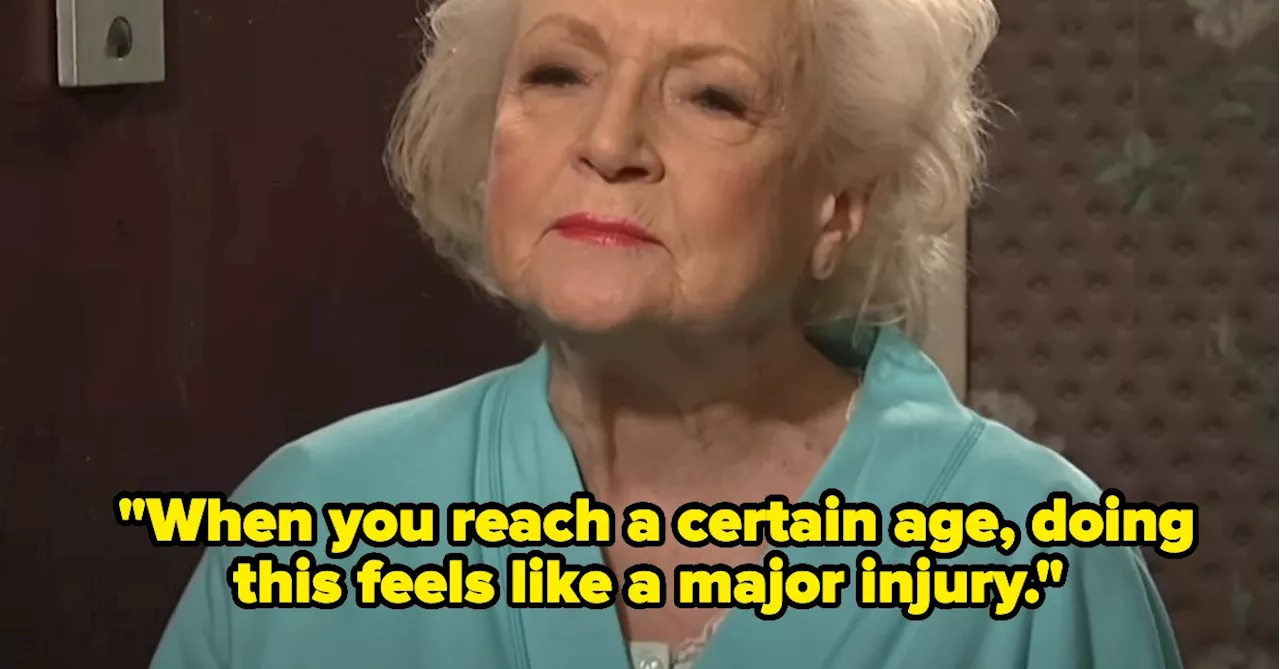Neuroscientist Judson Brewer reveals a powerful strategy for breaking bad habits: train your brain to no longer value the activity. By cultivating mindful awareness and understanding the triggers and consequences of your behaviors, you can regain control and find lasting change.
If you've ever attempted to quit a bad habit abruptly or replaced it with another action, you're likely aware that neither method provides the same level of satisfaction. Neuroscientist and psychiatrist Judson Brewer offers a strategy worth considering: train your brain to no longer perceive value in the activity you once enjoyed.
When we become disillusioned with unhelpful behaviors or addictions, our brain creates a void, prompting it to seek an alternative, explains Brewer, director of research and innovation at Brown University's Mindfulness Center. This advice stems from Brewer's decade-plus of studying and practicing Buddhist mindfulness, which has been linked to increased self-compassion, life satisfaction, and an overall sense of well-being.The initial step is straightforward: identify the behavior you wish to change and, slightly more challenging, the triggers that instigate it. Perhaps you procrastinate more when stressed or indulge in excessive shopping when bored. Go beyond simply contemplating your bad habit. Delve into your feelings during its execution, Brewer advises. Chances are, it carries more negative consequences than rewards, often in ways you haven't consciously acknowledged. Most individuals in Brewer's test group had previously attempted to quit, failing an average of six times. 'Try smoking,' Brewer instructed the participants. 'But be genuinely curious about the experience.' Afterward, one smoker shared, 'Mindful smoking: smells like stinky cheese and tastes like chemicals. Yuck!' 'She cognitively knew smoking was detrimental. What she discovered through mindful awareness was that smoking tasted like s---,' Brewer recounted. 'She shifted from knowledge to wisdom – from knowing in her head that smoking was bad to knowing it in her bones.' Most people struggle to relinquish bad habits because they haven't found a replacement that feels equally rewarding, Brewer explains. Their fidget toy doesn't compare to skin-picking, and reading fails to satisfy the urge to binge-watch TV shows. By cultivating curiosity about the underlying reasons behind their cravings, Brewer suggests, individuals can regain cognitive control. The more you contemplate your habits from a broader perspective – your motivations, your body and mind's responses – the more effectively you can guide your actions and break free from automatic reactions. This level of mindfulness is more likely to result in lasting behavioral change than simply denying yourself pleasure. 'That's not how we alter behavior,' Brewer asserts. 'That's not how habits change.' Even if we could achieve a dopamine fast, which isn't truly feasible, it wouldn't yield any meaningful results except for causing misery by depriving individuals of their addictions
Mindfulness Habits Behavior Change Addiction Neuorscience
United States Latest News, United States Headlines
Similar News:You can also read news stories similar to this one that we have collected from other news sources.
 Instagram might reveal your embarrassing habits with this new changeBusiness Insider tells the global tech, finance, stock market, media, economy, lifestyle, real estate, AI and innovative stories you want to know.
Instagram might reveal your embarrassing habits with this new changeBusiness Insider tells the global tech, finance, stock market, media, economy, lifestyle, real estate, AI and innovative stories you want to know.
Read more »
 3 bad money habits experts say you need to break in 2025Experts recommend breaking these common bad money habits this year to make the most of your money.
3 bad money habits experts say you need to break in 2025Experts recommend breaking these common bad money habits this year to make the most of your money.
Read more »
 6 Bad Habits for Mental Health Therapists Are Begging You to BreakTherapists share common bad habits for mental health that people might not realize they have, why they’re detrimental, and what to do instead.
6 Bad Habits for Mental Health Therapists Are Begging You to BreakTherapists share common bad habits for mental health that people might not realize they have, why they’re detrimental, and what to do instead.
Read more »
 Mindfulness: A New Way to Break Bad HabitsNeuroscientist Judson Brewer proposes a novel approach to breaking bad habits: training your brain to see less value in the unwanted behavior. He advocates for mindful awareness, encouraging individuals to deeply examine their feelings and motivations surrounding the habit. Brewer believes this shift in perspective can lead to lasting behavioral change.
Mindfulness: A New Way to Break Bad HabitsNeuroscientist Judson Brewer proposes a novel approach to breaking bad habits: training your brain to see less value in the unwanted behavior. He advocates for mindful awareness, encouraging individuals to deeply examine their feelings and motivations surrounding the habit. Brewer believes this shift in perspective can lead to lasting behavioral change.
Read more »
 To develop better eating habits, try a kitchen reorganizationHere’s how to organize your kitchen so that eating well becomes easier and more efficient.
To develop better eating habits, try a kitchen reorganizationHere’s how to organize your kitchen so that eating well becomes easier and more efficient.
Read more »
 Older People Are Ditching These 'Appalling' HabitsPeople are sharing the habits and behaviors they no longer accept as they get older. From over-helping to the annoyance of job application processes, these are the things many are leaving behind.
Older People Are Ditching These 'Appalling' HabitsPeople are sharing the habits and behaviors they no longer accept as they get older. From over-helping to the annoyance of job application processes, these are the things many are leaving behind.
Read more »
